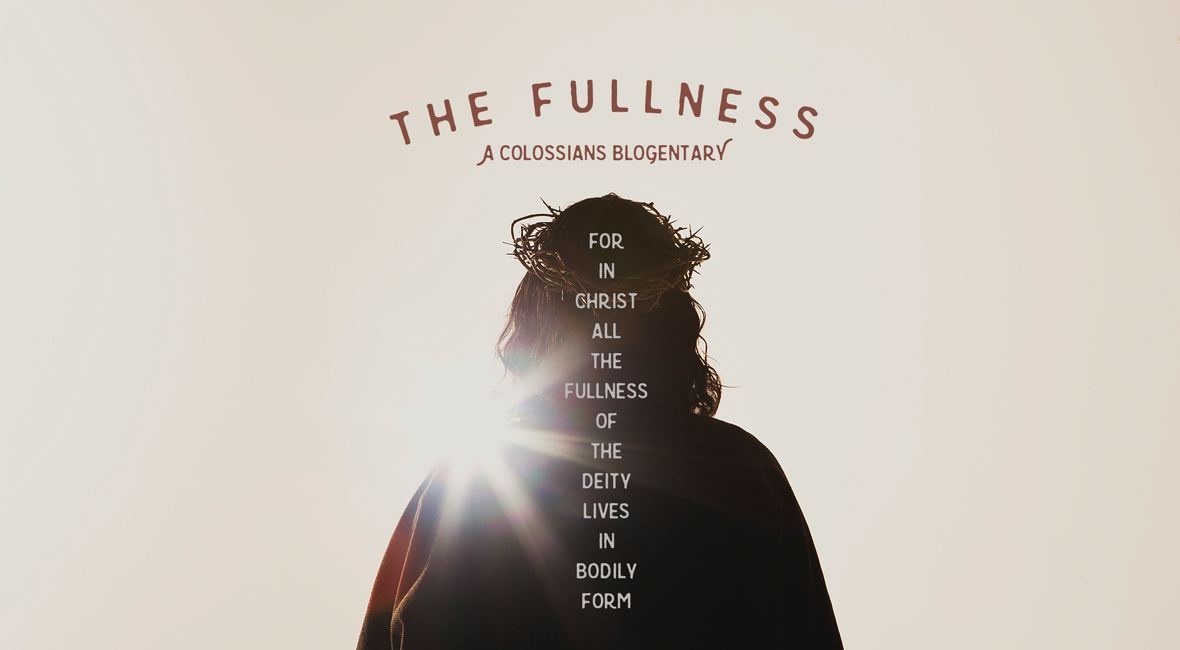Bad Religion – 2:16-19
16 Therefore do not let anyone judge you by what you eat or drink, or with regard to a religious festival, a New Moon celebration or a Sabbath day. 17 These are a shadow of the things that were to come; the reality, however, is found in Christ. 18 Do not let anyone who delights in false humility and the worship of angels disqualify you. Such a person also goes into great detail about what they have seen; they are puffed up with idle notions by their unspiritual mind. 19 They have lost connection with the head, from whom the whole body, supported and held together by its ligaments and sinews, grows as God causes it to grow.
In this paragraph, Paul warns the Colossians against the influences of bad religion. More specificially, he tells Christians not to let false teachers judge them by their religious observance or spiritual experiences. Many scholars believe that Paul had specific opponents in mind when he wrote the letter, likely a group of Judaizers (strict Jewish Christians who taught that salvation was open to Gentiles through Christ, but that all must obey Torah to be saved) like those who corrupted the Galatian churches. While this is quite plausible, I struggle to see that Paul is singling out any particular group or teacher, as he does in Galatians or 2 Corinthians. It seems more likely that the apostle is drawing on his long experience and warning the fledgling church about the types of false teaching that he has seen creep into churches elsewhere. He is alerting the church that attacks will come from both sides – from Jewish teachers and pagans alike.
In verse 16, he is clearly sounding the alarm against Jewish Christians who would seek to place Gentile believers under the yoke of Torah. Food laws and holy days were essential to the life and culture of Judaism, and Jewish converts would have sensed no need to abandon these. But Paul is clear that the Gospel does not demand Gentile believers take up these practices. No doubt he is remembering here the words of Peter at the Jerusalem Council: “Now then, why do you try to test God by putting on the necks of Gentiles a yoke that neither we nor our ancestors have been able to bear? No! We believe it is through the grace of our Lord Jesus that we are saved, just as they are.”[i] Torah observance never saved anyone; therefore the Gentile Christians could not be condemned for failing to keep it.

